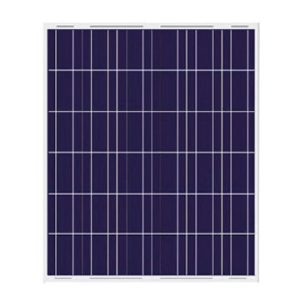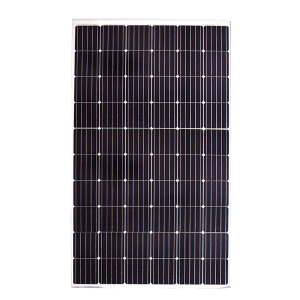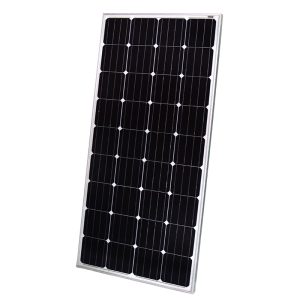Introduction
Solar energy is an increasingly popular option for many homeowners, particularly in countries where electricity prices are high or unreliable. In Nigeria, where power outages are common, solar panel installations have become more widespread in recent years. In this article, we will discuss the 400-watt solar panel price in Nigeria, along with some key considerations for those interested in buying solar panels.
The Benefits of Solar Energy in Nigeria
Before discussing the cost of solar panels, it is essential to understand the benefits of solar energy in Nigeria. Some of the advantages of solar energy include:
– Reliable power supply: Solar panels provide a reliable source of electricity, which can be particularly beneficial in areas with frequent power outages.
– Cost savings: By generating their electricity, homeowners can save money on their utility bills and potentially earn money by selling excess energy back to the grid.
– Environmental sustainability: Solar energy is a clean and renewable source of power, which can help reduce Nigeria’s carbon footprint.
Understanding 400-watt Solar Panels
Solar panels come in varying sizes and watts, and the panel size you choose depends on your energy needs. A 400-watt solar panel is a high-capacity panel that produces more power per panel than a standard solar panel. It is ideal for residential or commercial use and can help reduce the number of panels needed to power a home or business.
400 Watt Solar Panel Price in Nigeria
The cost of a 400-watt solar panel in Nigeria varies depending on several factors, such as the brand, quality, and installation fees. On average, a 400-watt solar panel can cost between ₦128,000 to ₦158,000 ($305 to $375 USD) in Nigeria. However, the cost may increase or decrease depending on the supplier, system design, and installation location.
Key Considerations When Buying Solar Panels
When purchasing solar panels for your home or business, some of the key factors to consider include:
– The quality and brand of the solar panels: High-quality panels are more efficient and durable, providing better returns on investment in the long run.
– The installation location and design: Panels must be installed in a location that receives adequate sunlight throughout the day. The installation should also be designed to ensure optimal energy production.
– Maintenance and warranties: Ensure that the solar panel supplier provides maintenance services and warranties to protect your investment.
Conclusion
Switching to solar power in Nigeria can be a smart investment for homeowners and businesses, providing reliable energy and cost savings over time. While the cost of solar panels may seem high upfront, the benefits they provide can outweigh the initial investment. By selecting a high-quality supplier and considering your specific energy needs, you can make an informed decision and enjoy the many advantages of solar energy.
Here are three popular FAQs for “400 Watt Solar Panel Price In Nigeria” with answers:
1. How much does a 400-watt solar panel cost in Nigeria?
The price of a 400-watt solar panel in Nigeria varies depending on the brand and quality. On average, a 400-watt solar panel costs between ₦75,000 to ₦95,000 in Nigeria.
2. How much electricity can a 400-watt solar panel produce?
The amount of electricity a 400-watt solar panel can produce depends on several factors, including geographic location, the angle and direction of the solar panel, time of day, and weather conditions. On an average, a 400-watt solar panel can produce around 1.6 to 2 kilowatt-hours (kWh) of electricity per day under optimal conditions in Nigeria.
3. What are the benefits of using a 400-watt solar panel in Nigeria?
Using a 400-watt solar panel in Nigeria has several benefits, including reduced dependence on the grid, minimal electricity bills, and reduced carbon footprint. Solar energy is also a renewable and sustainable source of energy that helps to reduce the impact of climate change. Additionally, solar panels require minimal maintenance and can last for more than 25 years with proper care, making them a cost-effective and long-term solution for generating electricity in Nigeria.



